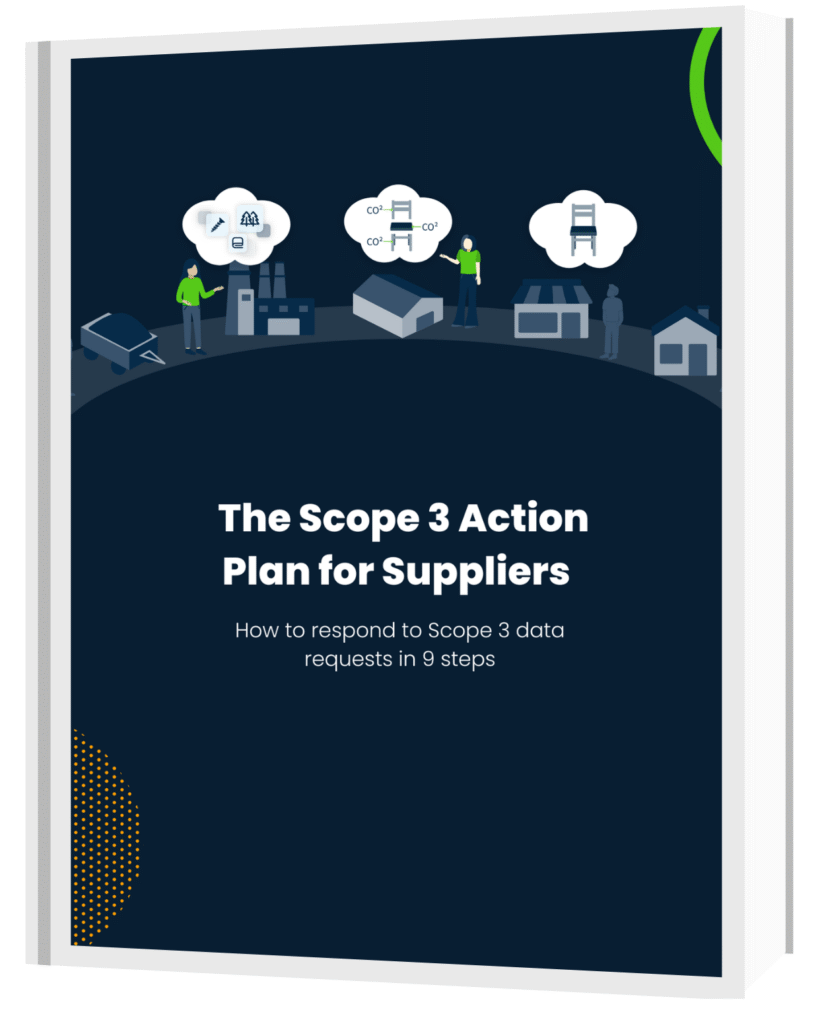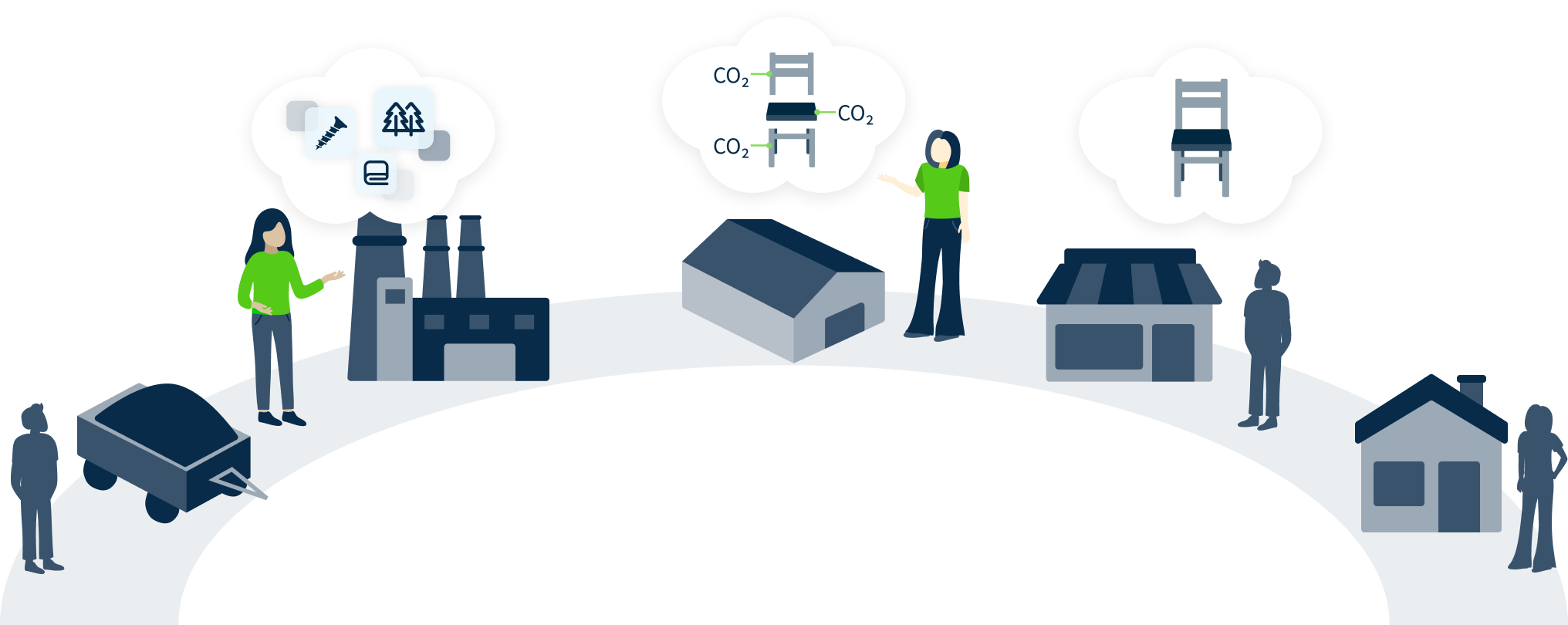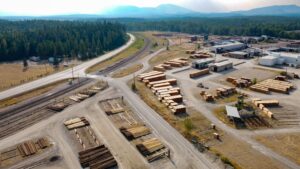Suppliers, prepare for something big that’s coming up.
Across industries, big players are realizing that most of their emissions (50–80%) come from their supply chain. That means you, as a supplier, are essential to help them meet their sustainability targets and get Scope 3 data.
Emissions coming from the supply chain — such as those from raw materials, packaging, transport, product use, and end-of-life — are known as Scope 3 emissions. These are the indirect emissions that companies are already requesting from their suppliers — or will be requesting very soon.
Things are happening fast:
- Scope 3 requests now show up in sales and procurement conversations very often.
- Companies are asking for data as part of sustainable sourcing strategies.
Did you know that we have a free video course to help suppliers navigate Scope 3 requests? Hosted by Dr. Pratik Vinayak Gholkar, PhD, Ecochain’s Senior LCA Research Lead, this 4-episode series will help you respond to Scope 3 requests faster, win contracts with verified, scalable data, and future-proof your business in a rapidly changing landscape. Sign up now and get exclusive expert strategies straight to your inbox.
The requests for Scope 3 data are becoming more and more urgent. Here’s why:
1. Regulatory Pressure (CSRD & Omnibus)
- CSRD (Corporate Sustainability Reporting Directive) is the main regulatory driver requiring companies to report on sustainability, including Scope 3 emissions.
- The Omnibus package delays compliance for smaller companies, but does not exempt them—it’s a grace period to prepare.
- CSRD applies to large companies, but those companies will push requirements down their supply chain to comply—impacting smaller suppliers.
What does this mean for smaller companies?
Even if you’re a small company, your customers — the bigger companies you supply to — are already under pressure to report their supply chain emissions under CSRD. That means they’ll soon be asking you for product carbon footprints or lifecycle assessments.
If you’re not ready, you risk two things:
- Losing business to better-prepared suppliers
- Rushing through carbon calculations with incomplete data — which can lead to errors and extra costs
What industries are requesting Scope 3?
Construction: EPDs are required for tendering (e.g., in the Netherlands).
FMCG: Carbon footprinting is used for product-level insights.
Automotive: PCFs and full LCAs are used for sustainable sourcing.
Important to remember: The Life Cycle Assessment (LCA) is a methodology and the DPP, PCFs and EPDs are the outputs of it.
2. Customer & Market Demands
Large companies (e.g., Unilever, Volvo) are asking suppliers for Scope 3 data as they set net zero targets and commit to becoming more sustainable. Depending on the sector, they can either request carbon footprinting or complete life cycle assessment.
As mentioned above, different companies may request different outputs such as DPP and PCF, with LCA being the methodology, or the foundation, that is used to create those.
Besides, younger generations–Gen Z and millennial customers–are also driving the demand. A survey conducted in 2023 by McKinsey revealed that nearly 50% of millennials and Gen Z respondents are willing to pay more for sustainable products.
Unlocking innovation
The moment you start investing in the life cycle assessment (LCA), you gain valuable insight into where the biggest environmental impacts — or hotspots — lie in your products. It gives you the chance to redesign, innovate, and stay ahead of the competition.
It’s not just about reporting: it’s a smart strategy for future-proofing your business.
Risks of not starting early
Waiting until the last moment means that you’ll likely be rushing calculations with poor data, which leads to errors and extra costs. If you don’t start early, you might have to hire a consultant, which is expensive.
Our advice? Start small, but start now.
Pick one high-selling product. Gather the data you already have. And take the first step towards becoming a supplier of choice.
Ecochain can help. Our software and experts support you at every step. Let’s make sustainability practical, not overwhelming.
👉 Get in touch to see how we help you meet the demand for Scope 3 data requests.
Action Plan for Suppliers
This practical step-by-step guide helps suppliers navigate Scope 3 reporting, from assigning ownership and choosing the right methodology to collecting data and delivering verified results.





